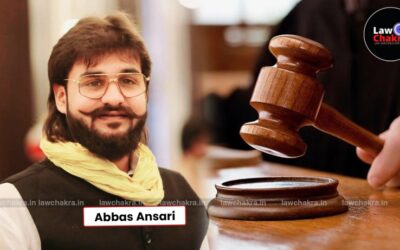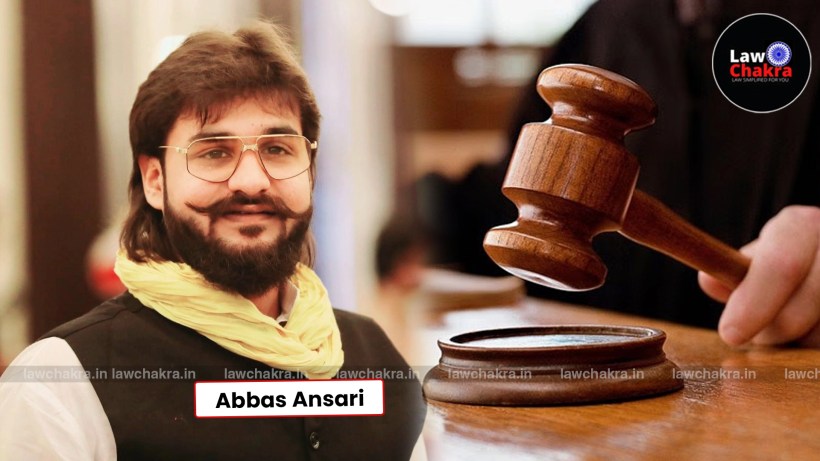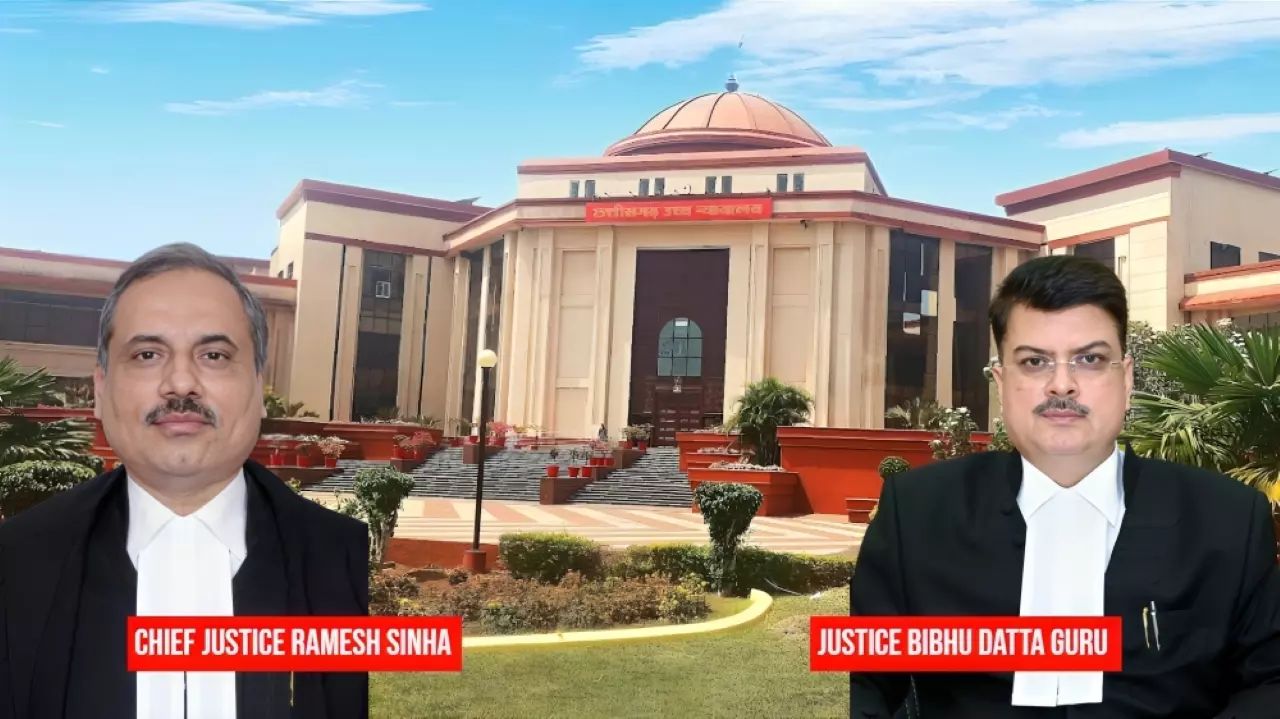Calcutta High Court Quashes Demand Notice
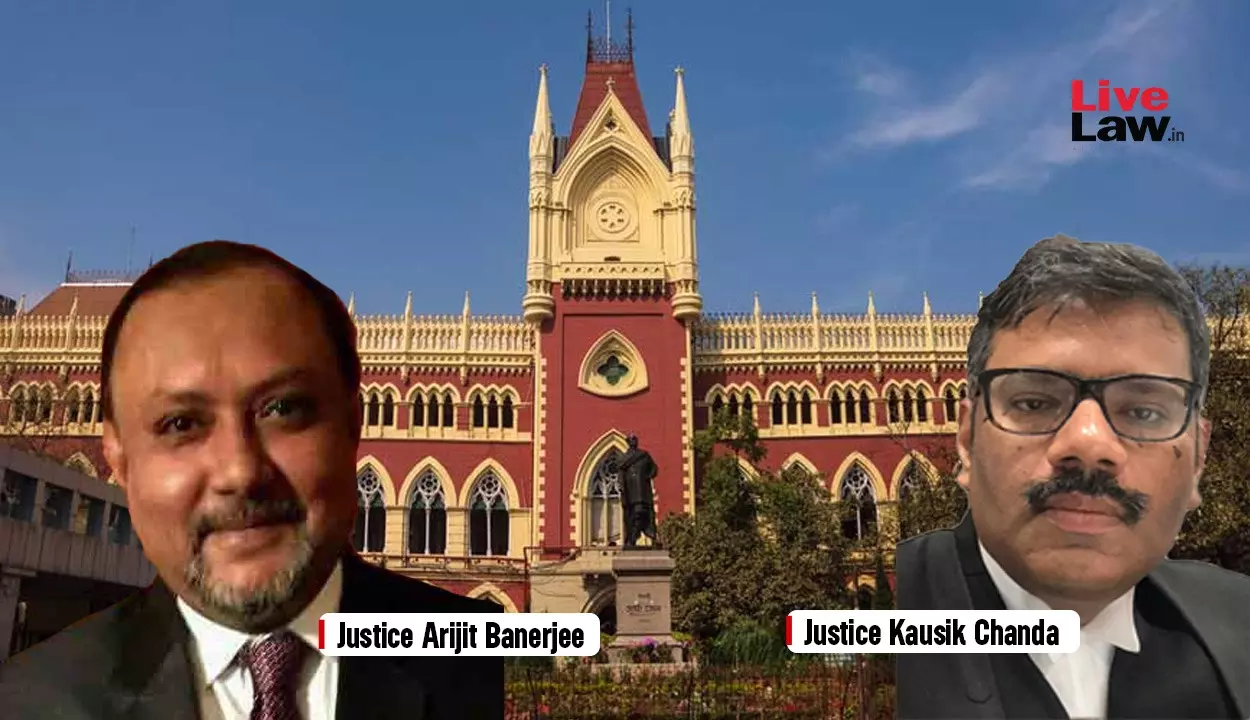
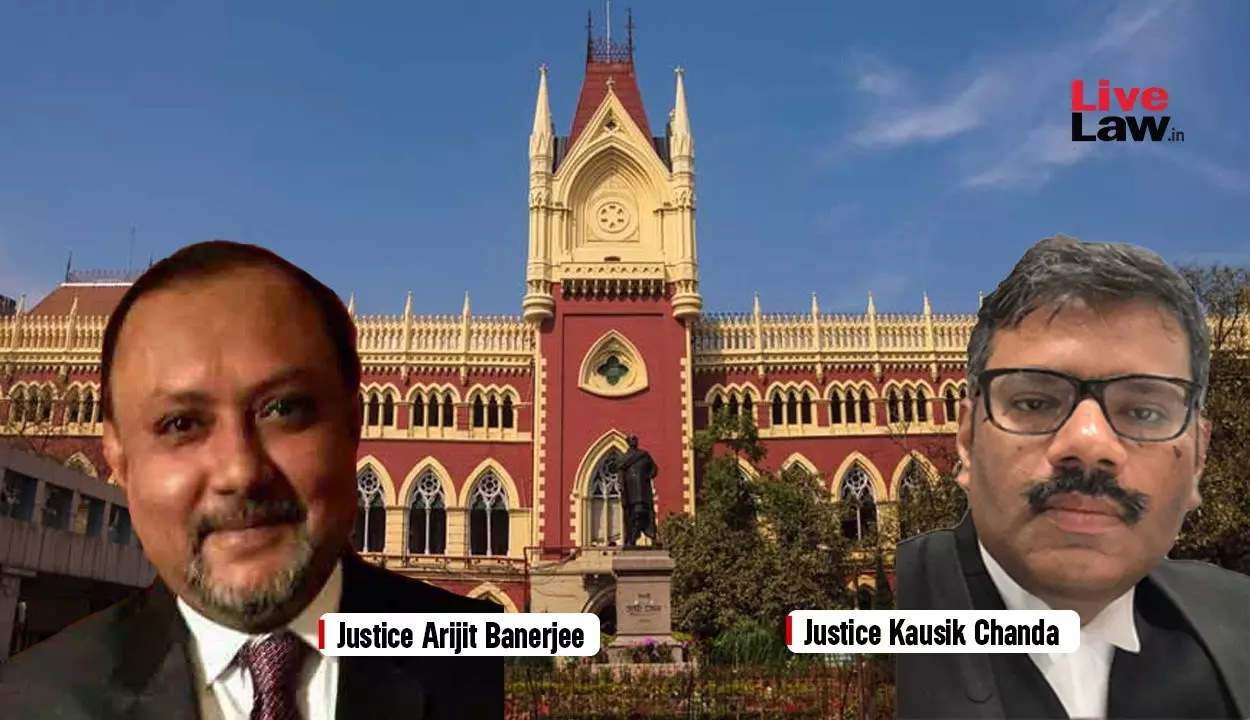
The Calcutta High Court bench of Justices Arijit Banerjee and Justice Kausik Chanda has held that without framing Regulations or without the budget estimate prescribing the rates at which advertisement tax may be levied by Kolkata Municipal Corporation (KMC), computation and imposition of such tax would be arbitrary. It would have no rational basis. It would then be open to KMC to quantify such tax as per its sweet will, which cannot be countenanced under the rule of law.
Brief Facts:
Cricket Association of Bengal (CAB) organized the Wills World Cup 1996 inaugural ceremony and a semifinal match at Eden Gardens on February 11 and March 13, 1996. Following this, the Kolkata Municipal Corporation issued a demand notice on March 27, 1996, seeking ₹51,18,450 as advertisement tax under Section 204 of the KMC Act, 1980. CAB and its office bearers challenged the demand through a writ petition.
The demand notice was challenged for being outside the scope of Section 204 KMC Act, arbitrary and violative of natural justice, and barred by Article 285 of the Constitution. The Single Judge accepted these grounds and quashed the notice, prompting KMC’s appeal.
The Appellant submitted that when entry to Eden Gardens is thrown open to the public at large on purchase of ticket, the Eden Gardens ground/Stadium does not remain a private place but attains the status of a restricted public place.
It was further submitted that advertisements at Eden Gardens were visible to the public attending the events and through broadcasts viewed from public places, making Section 204 of the KMC Act applicable.The tax demand wasn’t arbitrary or violative of natural justice, as it was based on prescribed rates. Though the computation details weren’t provided in the notice, CAB could have requested them but failed to do so.
It was further submitted that the property in question is enjoyed and controlled by CAB which is a society registered under the Societies Registration Act. It has a separate and distinct entity and comes within the definition of ‘owner’ when it uses and enjoys the property of the Union of India under lease. The property in question is assessed by KMC making CAB the person liable to pay property tax. In any event, advertisement tax is different from property tax and Article 285 does not have any manner of application.
In reply, the Respondent submitted that the in-stadia advertisements were displayed entirely within the Eden Gardens Stadium and were not visible from outside. To view them, one had to enter the stadium. Since the interior of Eden Gardens does not qualify as a “public street” under Section 2(71) of the KMC Act, 1980.
It was further submitted that Access to Eden Gardens Stadium is neither absolute nor unrestricted. Entry is controlled by CAB and limited to specific match days, requiring valid tickets that permit access only to designated areas for a limited time. Since access is conditional and limited in scope and number, the stadium cannot be considered a “public place.” Accordingly, no advertisement tax is payable for in-stadia advertisements under the KMC Act.
It was also contended that under Section 204 of the KMC Act, 1980 (prior to its 2019 amendment), no Regulations were framed as required by the Act. In the absence of such Regulations, there was no lawful basis for computing advertisement tax or raising a demand against CAB through the impugned notice or otherwise.
It was further submitted that since the Union of India owns the land and structures of Eden Gardens Stadium, and CAB holds no ownership rights, Article 285(1) of the Constitution bars KMC from imposing any tax on CAB in respect of the stadium. The exception under Article 285(2) does not apply, as Eden Gardens was not subject to tax immediately before the Constitution came into force.
It was further submitted that the sovereign immunity under Article 285(1) of the Constitution is broad and absolute, shielding all Union property from any form of taxation by a State or local authority. This immunity extends to all kinds of taxes, including advertisement tax on displays erected on Union-owned property. The provision does not differentiate among types of taxes, and thus, its protection is comprehensive.
Observations:
The court noted that the demand notice issued by KMC lacked any breakup or computation details, merely stating a lump sum, making a meaningful response difficult. Although CAB replied on April 1, 1996, KMC did not address this but instead initiated criminal proceedings months later in December 1996. The 2-day response window in the notice was unreasonable, especially since no urgency was evident. As no opportunity of hearing was granted, the notice clearly violated principles of natural justice.
It further observed that Requiring CAB to pay the demanded amount within three days and file objections within two days of receiving the notice was arbitrary and unreasonable. As a statutory authority, KMC had a duty to act fairly and provide adequate time for response. The short timeline offended the principles of natural justice, rendering the process fundamentally unfair.
The court held that KMC failed to respond to CAB’s detailed reply, nor did it provide reasons for rejecting their objections or offer a hearing. Instead, it directly initiated criminal proceedings. Since the demand had civil consequences, KMC was duty-bound to follow the principles of natural justice, which it failed to do. This violation forms the primary ground for quashing the demand notice dated March 27, 1996.
It further held that the demand notice issued by KMC is arbitrary and legally unsustainable as it lacks any breakup of the ₹51,18,450/- claimed, fails to specify the advertisements taxed, and gives no explanation of the calculation basis—making it impossible to understand or contest the demand meaningfully.
The court further observed that since Section 204 of the KMC Act requires advertisement tax to be levied based on rates prescribed by regulations or budget estimates, and KMC has failed to produce either, the tax demand lacks legal backing. It is well settled that if a statute prescribes a specific method to exercise a power, that method must be strictly followed—any deviation renders the action invalid.
It held that “without framing Regulations or without the budget estimate prescribing the rates at which advertisement tax may be levied by KMC, computation and imposition of such tax would be arbitrary. It would have no rational basis. It would then be open to KMC to quantify such tax as per its sweet will. This cannot be countenanced under the rule of law.”
The court further observed that considering the restricted and conditional access to Eden Gardens Stadium, and the fact that entry is subject to CAB’s discretion—even during events—the Stadium cannot be classified as a “public place.” Mere capacity to hold a large audience does not equate to unrestricted public access.
It held that even if advertisements are seen by thousands within a packed Eden Gardens Stadium, the venue remains a private space due to the absence of unrestricted public access. The critical test is not the number of spectators or the scale of the venue, but whether the general public has an absolute right of entry. Since entry is conditional and controlled by CAB, KMC cannot levy advertisement tax under the pretext that it is a public place.
Accordingly, the present appeal was dismissed.
Case Title: THE CALCUTTA MUNICIPAL CORPORATION & ORS. VS THE CRICKET ASSOCIATION OF BENGAL & ORS.
Case Number: APO/248/2016 WITH WPO/2662/1996 IA NO: GA/2/2021
Judgment Date: 19/06/2025
For Appellants : Mr. Alak Kr. Ghosh, Adv. Mr. Swapan Kr. Debnath, Adv. Ms. Sima Chakraborty, Adv.
For UOI: Ms. Susmita Saha Dutta, Adv.
For Respondent no. 1 (CAB) : Mr. Jaydip Kar, Sr. Adv. Mr. Samrat Sen, Sr. Adv. Mr. Kaushik Mandal, Adv.

